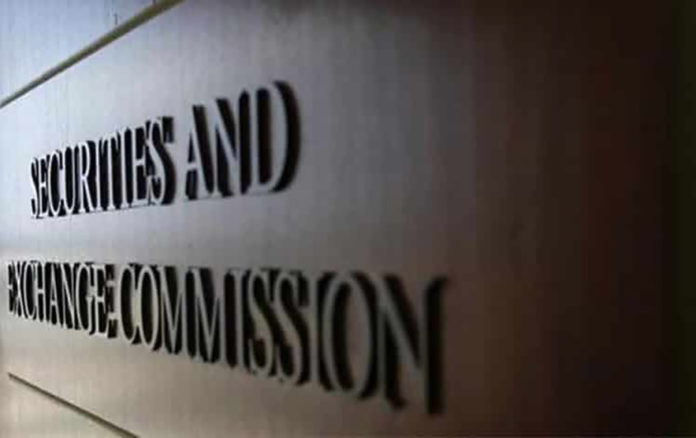The Securities and Exchange Commission of Pakistan (SECP) has released a concept paper proposing the revival and modernisation of the Waqf system to align it with contemporary socio-economic needs and support sustainable Islamic social finance.
Waqf, a centuries-old Islamic institution, refers to the endowment of assets for religious, educational, or charitable purposes. Historically, it has played a transformative role in Muslim societies—financing hospitals, schools, and public infrastructure. Notable examples include the funding of Al-Azhar University in Egypt and the vast Ottoman Waqf system, which supported everything from roads to soup kitchens.
While countries like Malaysia, Turkey, and Indonesia have successfully integrated Waqf into modern financial systems—through regulatory frameworks, Shariah-compliant financial tools, and professionalized governance—Pakistan’s Waqf sector remains underdeveloped due to outdated practices and the absence of a comprehensive legal structure.
To address this, the SECP has suggested enabling the formation of Waqf companies under the Companies Act, 2017, or revising provincial Waqf laws and NPO regulations to incorporate modern structures. The paper also outlines proposals for Shariah-compliant financial services and instruments tailored for Waqf entities, with the goal of improving impact, transparency, and efficiency.
The SECP plans to consult with key stakeholders before any regulatory action is taken. The proposed changes, if adopted, could position Waqf as a dynamic vehicle for social development, helping channel Islamic finance toward education, health, and poverty alleviation in Pakistan.























